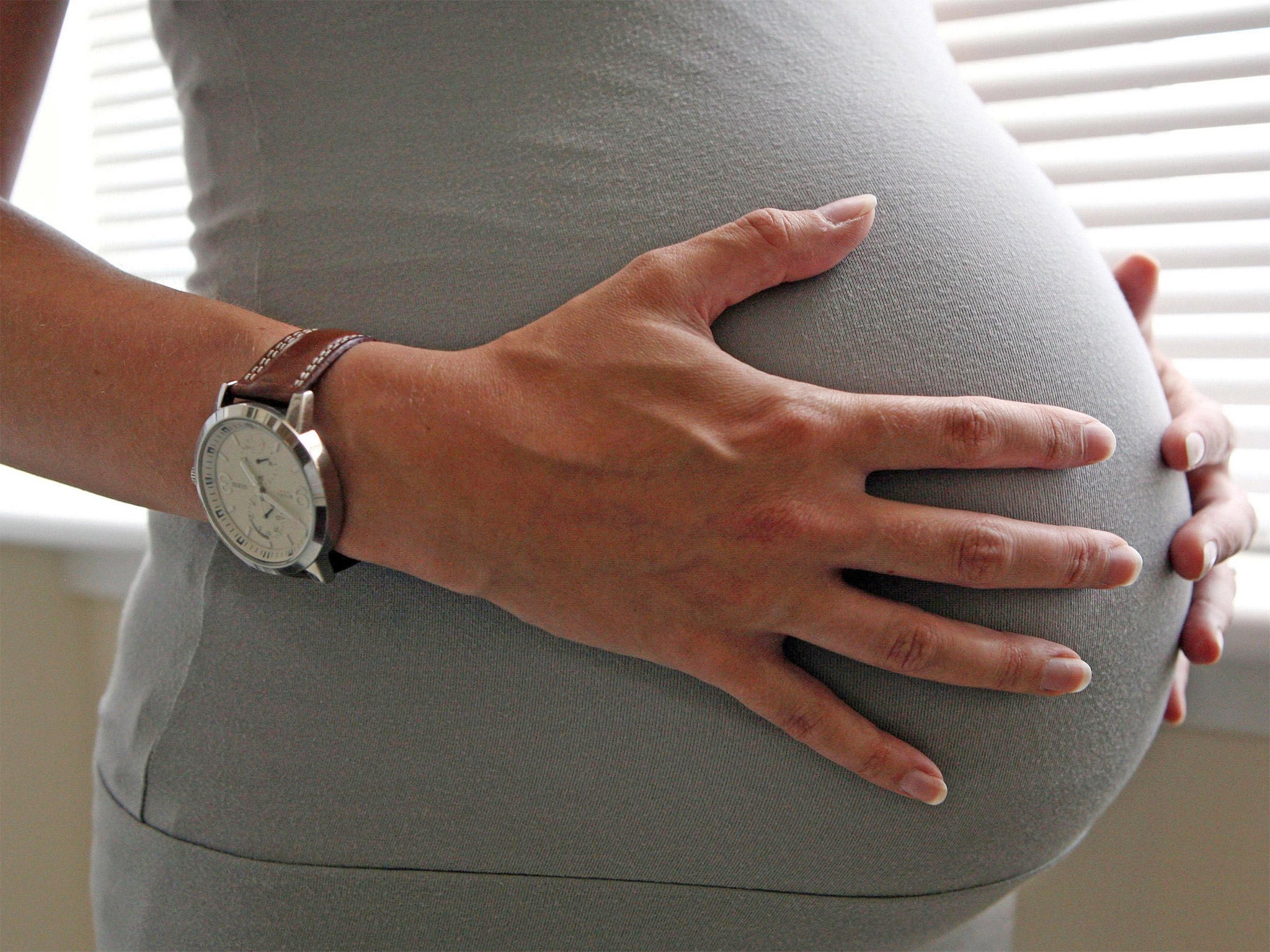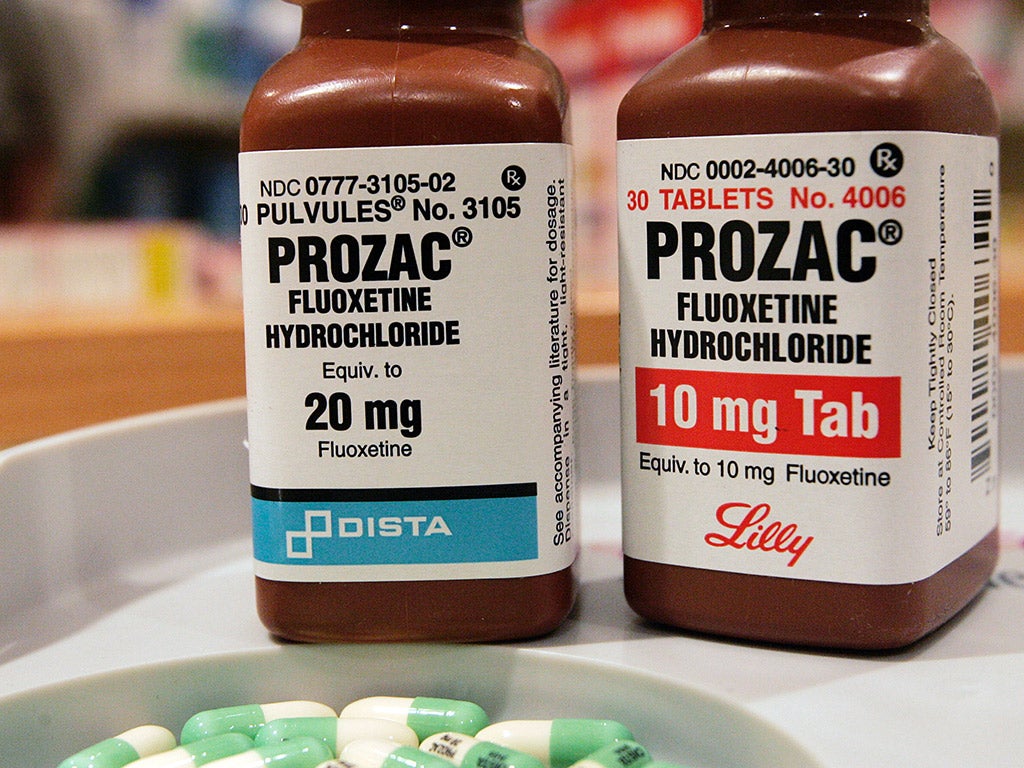Prozac use could increase birth defects in pregnant women, says study
However, the authors of the study stressed that the actual increased risk of already rare defects was small in each case

Researchers in the USA and Canada have confirmed a link between the use of commonly-prescribed antidepressants Prozac and Paxil by pregnant women, and a small increased risk of birth defects.
While the findings cannot prove causation, they back up previously observed associations of the drugs with heart defects and abnormalities affecting the skull and other parts of the body.
However, the authors of the study, who included experts from the USA’s respected Centers for Disease Control and Prevention, stressed that the actual increased risk of already rare defects was small in each case.
The links between antidepressants and birth defects have been subject of much discussion. Guidelines already advise doctors to avoid prescribing them to pregnant women unless in exceptional circumstances when the severity of a mother’s condition means the benefits are likely to outweigh the risks.

The latest findings come from a review of data on 17,952 mothers of infants born with birth defects and 9,857 mothers of children born without defects.
Researchers analysed the use, shortly before or early in pregnancy, of five antidepressants of the same type – selective serotonin reuptake inhibitors, or SSRIs. For three of the drugs, including the one used most commonly by women in the study, Sertraline, the researchers found no associations with birth defects.
However, previously reported associations of Prozac with heart wall defects and the condition craniosynostosis – in which babies are born with an irregularly shaped skull – were observed.
Five previously reported birth defects linked to Paxil were also seen, including heart defects, the usually fatal skull defect anencephaly and abdominal wall defects in which the intestines and in some cases the liver as well develop on the outside of the body.
However, in each case an already very small risk absolute risk increased only slightly.
For example, the biggest risk increases were seen for anencephaly, and for one kind of heart defect, among women who had taken Paxil during pregnancy.
If the link is causal, then the risk of anencephaly rises from two per 10,000 births to seven per 10,000, and the risk of the heart defect from 10 per 10,000 births to 24 per 10,000 births, the study said.
The authors of the study, published in the British Medical Journal, said their findings provided “reassuring evidence” for some SSRIs, but also provided guidance to the safest treatment options for women who needed antidepressants in early pregnancy.
“Continued scrutiny of the association between SSRIs and birth defects is warranted and additional studies of specific SSRI treatments during pregnancy are needed to enable women and their healthcare providers to make more informed decisions about treatment,” they write.
A spokesperson for the UK’s drugs watchdog the Medicines and Healthcare products Regulatory Agency (MHRA) said: “The authors of this report accept that the absolute risk of birth defects is small.
“Guidelines already advise doctors to avoid prescribing any antidepressants to pregnant women, or to use them with care, if the benefits are likely to outweigh the risks.
“The treatment for depression during pregnancy, whether it be through counselling or medicines will depend on a number of factors including the severity of the women’s depression and any potential risks associated with antidepressant treatment. Any decisions about treatment should be made following discussions between the women and her doctor and/or midwife.”
Commenting on the study, Dr Michael Bloomfield, clinical lecturer in psychiatry at University College London, said: “The ways in which these drugs might potentially increase the risk of these birth defects needs further study. Likewise, further research is needed to explore whether the dose of particular treatments is associated with increased risk or not.
"This is important because generally speaking doctors in the United Kingdom have tended to prescribe lower doses of psychiatric medicines than in the United States of America, where this new study took place.”
Join our commenting forum
Join thought-provoking conversations, follow other Independent readers and see their replies
Comments
Bookmark popover
Removed from bookmarks